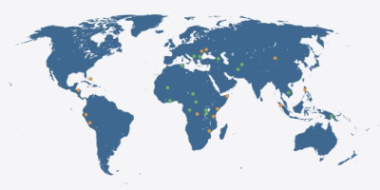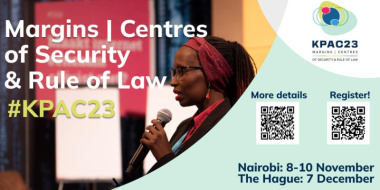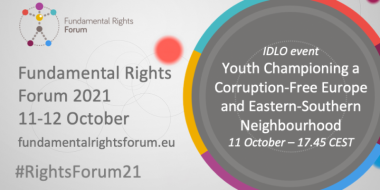Increasing Public Trust in the Judiciary in Kyrgyzstan
The Kyrgyz Republic has made significant strides in working toward improvements to a justice system shaken to the core following the 2010 Revolution. While a wholesale reselection process of judges changed the landscape and provided hope for real change, it also created a judiciary staffed with many inexperienced, under-skilled first-time judges who are more easily exposed to negative influences - both perceived and real. Consequently, the public mistrusts the judiciary and holds a negative perception of it being corrupt, inefficient and dependent on other branches of government.














